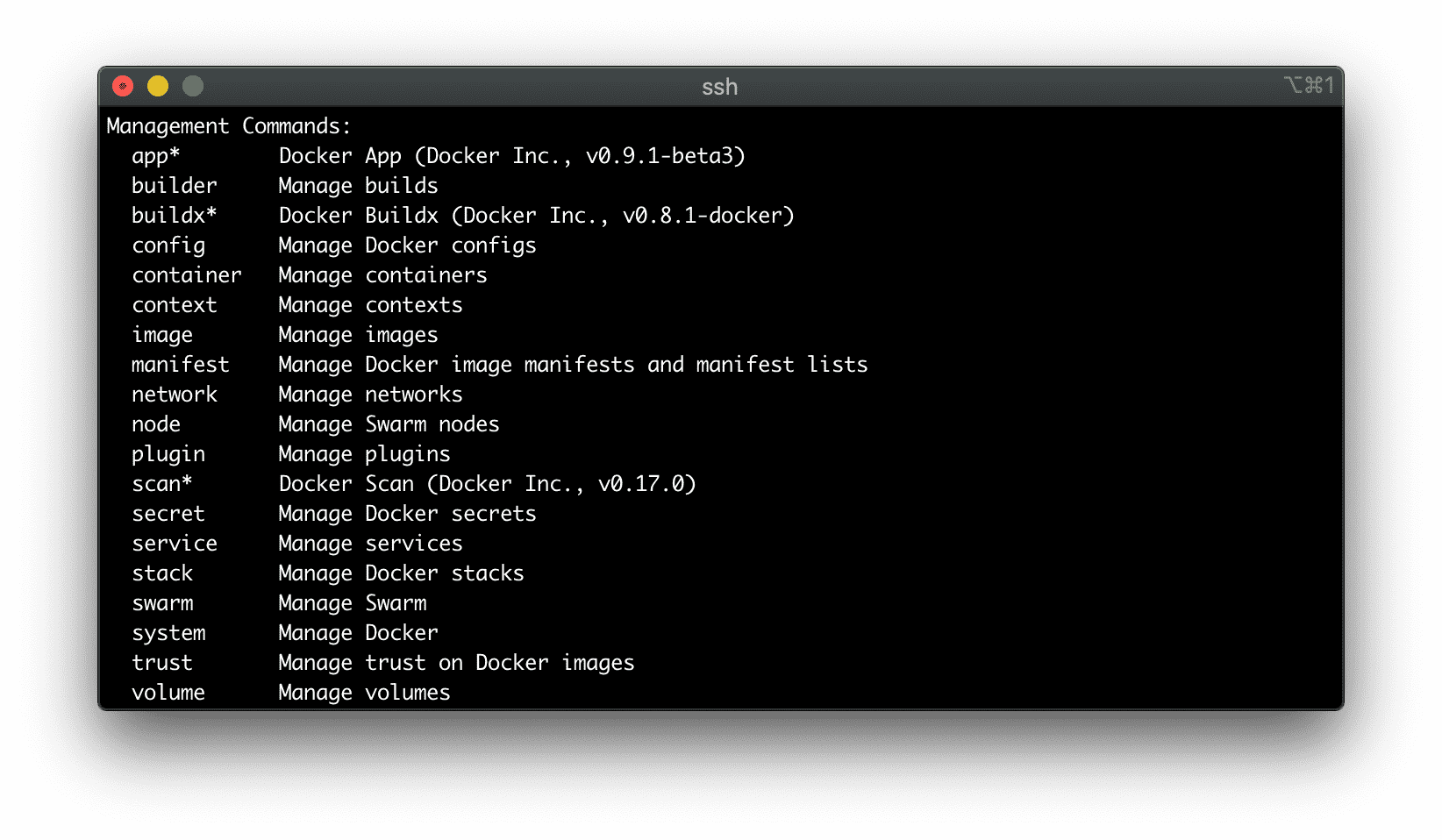Kubernetes Ephemeral Containers and kubectl debug Command
Last week at KubeCon, there was a talk about Kubernetes ephemeral containers. The room was super full - some people were even standing by the doors trying to sneak in. "This must be something really great!" - thought I and decided to finally give Kubernetes ephemeral containers a try.
So, below are my findings - traditionally sprinkled with a bit of containerization theory and practice 🤓
TL;DR: Ephemeral containers are indeed great and much needed. The fastest way to get started is the kubectl debug command. However, this command might be tricky to use if you're not container-savvy.
